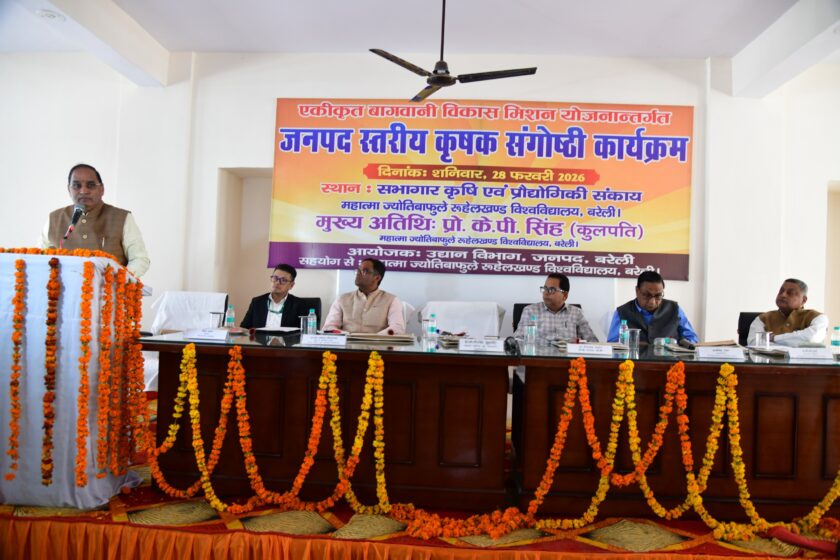New Delhi: The Reserve Bank of India (RBI) has established a nine-member Working Group to conduct a comprehensive review of trading and settlement timings across financial markets. The decision aims to enhance efficiency in price discovery and optimize liquidity requirements by synchronizing market and settlement timings across various financial segments.
The RBI acknowledged recent developments, including increased electronification of trading, the availability of Forex and certain interest rate derivative markets on a 24X5 basis, and the expansion of non-resident participation in domestic financial markets. Additionally, the introduction of 24X7 payment systems has influenced the current trading and settlement structures, prompting the need for a review.
Committee Composition and Leadership
The Working Group will be chaired by Radha Shyam Ratho, Executive Director, RBI. The eight other members include:
- Ravi Ranjan, Deputy Managing Director, State Bank of India
- Lalit Tyagi, Executive Director, Bank of Baroda
- Ashish Parthasarthy, Group Head – Treasury, HDFC Bank
- Parul Mittal Sinha, Head of Financial Markets, Standard Chartered Bank
- Ashwani Sindhwani, CEO, Foreign Exchange Dealers’ Association of India (FEDAI)
- Ravindranath Gandrakota, CEO, Fixed Income Money Market and Derivatives Association of India (FIMMDA)
- Shailendra Jhingan, Chairperson, Primary Dealers’ Association of India (PDAI)
- Dimple Bhandia, Chief General Manager, Financial Markets Regulation Department, RBI (Member Secretary)
The committee has been tasked with submitting its report by April 30, 2025.

Objectives and Terms of Reference
The Working Group has been assigned the following key responsibilities:
- Reviewing current trading and settlement timings across financial markets regulated by the RBI, including trading, clearing, settlement, and transaction reporting infrastructure.
- Identifying challenges and inefficiencies in the functioning of markets due to existing trading and settlement timings, considering aspects like price transmission, volatility, trade distribution, liquidity management, and netting efficiency.
- Analyzing international practices related to market timings and their influence on market participation, liquidity, and trading volumes.
- Assessing potential revisions to trading and settlement timings, including associated benefits, costs, and challenges.
- Engaging with stakeholders as required to gather insights and recommendations.
Strategic Importance
The RBI emphasized that aligning market and settlement timings could enhance efficiency in financial markets, benefitting traders, investors, and market participants. By studying cross-country models and evaluating local market conditions, the Working Group will provide recommendations that could impact trading hours, market participation, and liquidity management.
With increasing globalization and the digitalization of financial markets, the move is expected to help Indian financial markets remain competitive, resilient, and accessible to a broader investor base.









